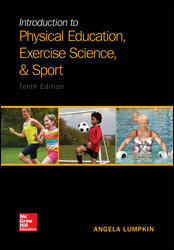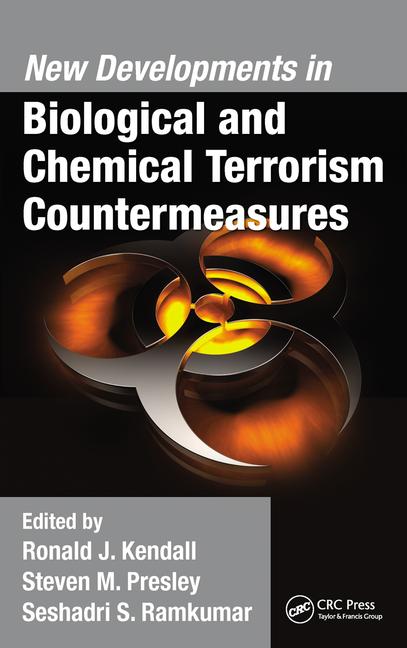Faculty Books
2016-2017
![]()
"True Sex: the Lives of Trans Men at the Turn of the Twentieth Century"
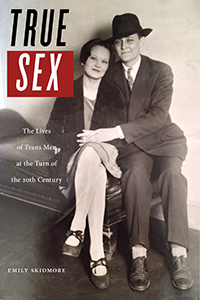 Emily Skidmore, assistant professor in the Department of History, uncovers the stories of 18 trans
men who lived in the United States between 1876 and 1936 in "True Sex, the Lives of Trans Men at the Turn of the Twentieth Century." At the turn of the 20th century, trans men were not necessarily urban rebels seeking
to overturn stifling gender roles. In fact, they often sought to pass as conventional
men, choosing to live in small towns where they led ordinary lives, aligning themselves
with the expectations of their communities. They were, in a word, unexceptional. Despite
the "unexceptional" quality of their lives, their stories are nonetheless surprising
and moving, challenging much of what we think we know about queer history. By tracing
the narratives surrounding the moments of "discovery" in these communities—from reports
in local newspapers to medical journals and beyond—this book challenges the assumption
that the full story of modern American sexuality is told by cosmopolitan radicals.
Rather, "True Sex" reveals complex narratives concerning rural geography and community,
persecution and tolerance, and how these factors intersect with the history of race,
identity and sexuality in America. (NYU Press, September 2017)
Emily Skidmore, assistant professor in the Department of History, uncovers the stories of 18 trans
men who lived in the United States between 1876 and 1936 in "True Sex, the Lives of Trans Men at the Turn of the Twentieth Century." At the turn of the 20th century, trans men were not necessarily urban rebels seeking
to overturn stifling gender roles. In fact, they often sought to pass as conventional
men, choosing to live in small towns where they led ordinary lives, aligning themselves
with the expectations of their communities. They were, in a word, unexceptional. Despite
the "unexceptional" quality of their lives, their stories are nonetheless surprising
and moving, challenging much of what we think we know about queer history. By tracing
the narratives surrounding the moments of "discovery" in these communities—from reports
in local newspapers to medical journals and beyond—this book challenges the assumption
that the full story of modern American sexuality is told by cosmopolitan radicals.
Rather, "True Sex" reveals complex narratives concerning rural geography and community,
persecution and tolerance, and how these factors intersect with the history of race,
identity and sexuality in America. (NYU Press, September 2017)
![]()
"The Restless Indian Plate and Its Epic Voyage from Gondwana to Asia"
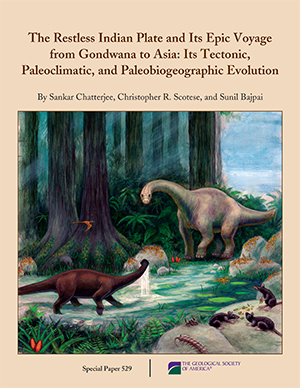 Sankar Chatterjee, Horn Professor in the Department of Geosciences, writes that the fossil history
of animal life in India is central to our understanding of the tectonic evolution
of Gondwana, the dispersal of India, its northward journey, and its collision with
Asia in "The Restless Indian Plate and Its Epic Voyage from Gondwana to Asia" . According to a review in Phys.org, "This beautifully illustrated volume provides the only detailed overview of the
paleobiogeographic, tectonic, and paleoclimatic evolution of the Indian plate from
Gondwana to Asia," and quotes Chatterjee and his colleagues as saying, "The tectonic
evolution of the Indian plate represents one of the most dramatic and epic voyages
of all drifting continents: 9,000 kilometers in 160 million years. ... The extensive
reshuffling of the Indian plate was accompanied by multiple temporary filter bridges,
resulting in the cosmopolitan nature of tetrapod fauna." The review goes on to conclude
that "This thorough, up-to-date volume is a must-have reference for researchers and
students in Indian geology, paleontology, plate tectonics, and collision of continents." (The
Geological Society of America, July 2017)
Sankar Chatterjee, Horn Professor in the Department of Geosciences, writes that the fossil history
of animal life in India is central to our understanding of the tectonic evolution
of Gondwana, the dispersal of India, its northward journey, and its collision with
Asia in "The Restless Indian Plate and Its Epic Voyage from Gondwana to Asia" . According to a review in Phys.org, "This beautifully illustrated volume provides the only detailed overview of the
paleobiogeographic, tectonic, and paleoclimatic evolution of the Indian plate from
Gondwana to Asia," and quotes Chatterjee and his colleagues as saying, "The tectonic
evolution of the Indian plate represents one of the most dramatic and epic voyages
of all drifting continents: 9,000 kilometers in 160 million years. ... The extensive
reshuffling of the Indian plate was accompanied by multiple temporary filter bridges,
resulting in the cosmopolitan nature of tetrapod fauna." The review goes on to conclude
that "This thorough, up-to-date volume is a must-have reference for researchers and
students in Indian geology, paleontology, plate tectonics, and collision of continents." (The
Geological Society of America, July 2017)
![]()
"Modern Sport Ethics: A Reference Handbook, 2nd Edition"
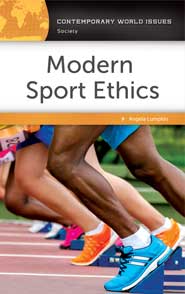
![]()
"Introduction to Physical Education, Exercise Science, and Sport" 10th Edition
Angela Lumpkin, professor and chair of the Department of Exercise & Sport Science, gives college students a wide-angle view of physical education, exercise science, sport, and the wealth of careers available in these fields in the 10th Edition of "Introduction to Physical Education, Exercise Science, and Sport." The textbook provides the principles, history, and future of physical education, exercise science, and sport. Lumpkin's clear writing style engages the reader while covering the most important introductory topics in this updated introduction to the world of physical education. (McGraw-Hill, July 2016)
![]()
"God's Foolishness"
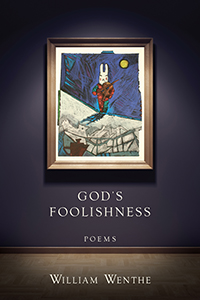 William Wenthe, professor in the Department Of English, explores painful and fleeting emotions within the 96 pages of "God's Foolishness." Here, he mines the feelings of human uncertainty in matters of love and desire, time
and death, and uncovers difficult truths with transformative insights. These are poems
of crisis. Wenthe examines our conflicting urges to see nature as sustenance and to
foolishly destroy it. His poems shift from close observation to panorama with cinematic
fluidity, from a tea mug to an ancient monument, from a warbler on an elm branch to
the specter of imminent natural disaster. Offering passion and intellect balanced
with a careful concern for poetic craft, Wenthe's "God's Foolishness" gives us fine
poems to savor and admire. Watch the YouTube video here. (LSU, May 2016)
William Wenthe, professor in the Department Of English, explores painful and fleeting emotions within the 96 pages of "God's Foolishness." Here, he mines the feelings of human uncertainty in matters of love and desire, time
and death, and uncovers difficult truths with transformative insights. These are poems
of crisis. Wenthe examines our conflicting urges to see nature as sustenance and to
foolishly destroy it. His poems shift from close observation to panorama with cinematic
fluidity, from a tea mug to an ancient monument, from a warbler on an elm branch to
the specter of imminent natural disaster. Offering passion and intellect balanced
with a careful concern for poetic craft, Wenthe's "God's Foolishness" gives us fine
poems to savor and admire. Watch the YouTube video here. (LSU, May 2016)
![]()
"Before the Gregorian Reform: The Latin Church at the Turn of the First Millennium"
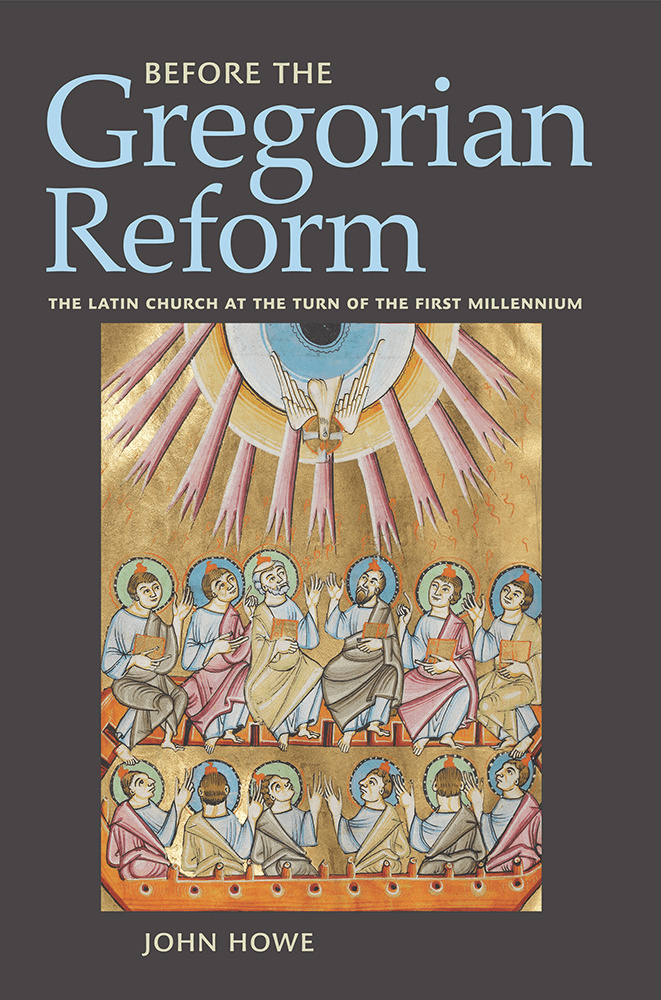 John Howe, professor in the Department of History, challenges the familiar narrative that the
era from about 1050 to 1150 was the pivotal moment in the history of the Latin Church.
The status quo states it was then that the Gregorian Reform movement established the
ecclesiastical structure that would ensure Rome's dominance throughout the Middle
Ages and beyond. In "Before the Gregorian Reform," Howe examines earlier, "pre-Gregorian" reform efforts within the Church—and finds
that they were more extensive and widespread than previously thought and that they
actually established a foundation for the subsequent Gregorian Reform movement. The
low point in the history of Christendom came in the late ninth and early tenth centuries—a
period when much of Europe was overwhelmed by barbarian raids and widespread civil
disorder, which left the Church in a state of disarray. As Howe shows, however, the
destruction gave rise to creativity. Aristocrats and churchmen rebuilt churches and
constructed new ones, competing against each other so that church building, like castle
building, acquired its own momentum. Patrons strove to improve ecclesiastical furnishings,
liturgy, and spirituality. Schools were constructed to staff the new churches. Moreover,
Howe shows that these reform efforts paralleled broader economic, social, and cultural
trends in Western Europe including the revival of long-distance trade, the rise of
technology, and the emergence of feudal lordship. The result was that by the mid-eleventh
century a wealthy, unified, better-organized, better-educated, more spiritually sensitive
Latin Church was assuming a leading place in the broader Christian world. "Before
the Gregorian Reform" challenges us to rethink the history of the Church and its place
in the broader narrative of European history. Compellingly written and generously
illustrated, it is a book for all medievalists as well as general readers interested
in the Middle Ages and Church history. (Cornell University Press, March 2016)
John Howe, professor in the Department of History, challenges the familiar narrative that the
era from about 1050 to 1150 was the pivotal moment in the history of the Latin Church.
The status quo states it was then that the Gregorian Reform movement established the
ecclesiastical structure that would ensure Rome's dominance throughout the Middle
Ages and beyond. In "Before the Gregorian Reform," Howe examines earlier, "pre-Gregorian" reform efforts within the Church—and finds
that they were more extensive and widespread than previously thought and that they
actually established a foundation for the subsequent Gregorian Reform movement. The
low point in the history of Christendom came in the late ninth and early tenth centuries—a
period when much of Europe was overwhelmed by barbarian raids and widespread civil
disorder, which left the Church in a state of disarray. As Howe shows, however, the
destruction gave rise to creativity. Aristocrats and churchmen rebuilt churches and
constructed new ones, competing against each other so that church building, like castle
building, acquired its own momentum. Patrons strove to improve ecclesiastical furnishings,
liturgy, and spirituality. Schools were constructed to staff the new churches. Moreover,
Howe shows that these reform efforts paralleled broader economic, social, and cultural
trends in Western Europe including the revival of long-distance trade, the rise of
technology, and the emergence of feudal lordship. The result was that by the mid-eleventh
century a wealthy, unified, better-organized, better-educated, more spiritually sensitive
Latin Church was assuming a leading place in the broader Christian world. "Before
the Gregorian Reform" challenges us to rethink the history of the Church and its place
in the broader narrative of European history. Compellingly written and generously
illustrated, it is a book for all medievalists as well as general readers interested
in the Middle Ages and Church history. (Cornell University Press, March 2016)
![]()
"New Developments in Biological and Chemical Terrorism Countermeasures"
Ronald J. Kendall, professor of Environmental Toxicology; Steven Presley, professor of Immuno-toxicology; and Seshadri Ramkumar, professor of Countermeasures to Biological Threats, all from the Department of Environmental Toxicology, have co-edited the newly published textbook, “New Developments in Biological and Chemical Terrorism Countermeasures.” The volume compiles a decade’s worth of research through TTU’s Admiral Elmo R. Zumwalt, Jr. National Program for Countermeasures to Biological and Chemical Threats, and updated many changes in the field since an earlier book, “Advances in Biological and Chemical Terrorism Countermeasures,” came out in 2008. “It’s not just for college students,” Ramkumar said. “It’s a tool for people in the field, from first responders all the way to policy makers.” (CRC Press, February 2016)
![]()
"Psychoanalytic Treatment in Adults: A Longitudinal Study of Change"
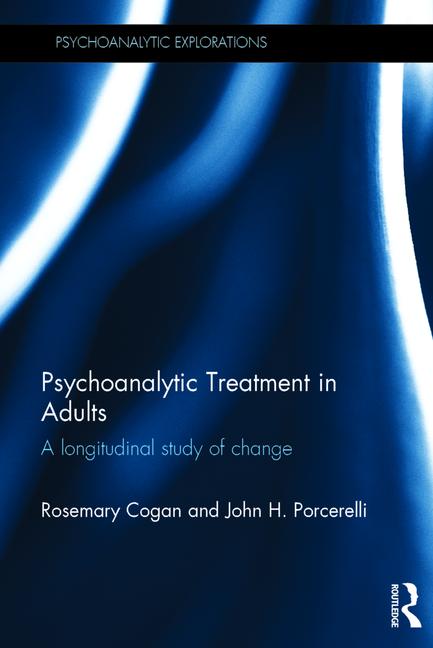 Rosemary Cogan, adjunct professor in the Department of Psychological Sciences, is
co-author of "Psychonalytic Treatment in Adults: A longitudinal study of change." The book draws from 60 first-hand case studies to explore the outcomes of psychoanalytic
treatment, providing examples of the long-term effectiveness of psychoanalytic and
psychodynamic work as it delineates negative therapeutic treatment and discusses crucial
changes in care. Outcomes of psychoanalysis, as with other psychotherapies, vary considerably.
Cogan and her co-author, J.H. Porcerelli, used the Shedler-Westen Assessment Procedure
to describe a patient at the beginning of psychoanalysis and every six months until
the analysis ended. This allowed the authors to learn about changes over analysis
and, in turn, improved treatment planning and practice for the well-being of other
patients. Findings will be of interest to researchers and academics in the fields
of psychoanalysis, psychotherapy, psychodynamic therapy, psychoanalytic education,
psychiatry and psychology, and should also help clinicians recognize potential problems
early in analytic treatments in order to work more effectively with patients. (Routeledge,
February 2016)
Rosemary Cogan, adjunct professor in the Department of Psychological Sciences, is
co-author of "Psychonalytic Treatment in Adults: A longitudinal study of change." The book draws from 60 first-hand case studies to explore the outcomes of psychoanalytic
treatment, providing examples of the long-term effectiveness of psychoanalytic and
psychodynamic work as it delineates negative therapeutic treatment and discusses crucial
changes in care. Outcomes of psychoanalysis, as with other psychotherapies, vary considerably.
Cogan and her co-author, J.H. Porcerelli, used the Shedler-Westen Assessment Procedure
to describe a patient at the beginning of psychoanalysis and every six months until
the analysis ended. This allowed the authors to learn about changes over analysis
and, in turn, improved treatment planning and practice for the well-being of other
patients. Findings will be of interest to researchers and academics in the fields
of psychoanalysis, psychotherapy, psychodynamic therapy, psychoanalytic education,
psychiatry and psychology, and should also help clinicians recognize potential problems
early in analytic treatments in order to work more effectively with patients. (Routeledge,
February 2016)
![]()
Browse faculty books published 2020-2021.
Browse faculty books published 2018-2019.
Browse faculty books published 2016-2017.
Browse faculty books published 2014-2015.
Browse faculty books published 2012-2013.
![]()
College of Arts & Sciences
-
Address
Texas Tech University, Box 41034, Lubbock, TX 79409-1034 -
Phone
806.742.3831 -
Email
arts-and-sciences@ttu.edu

